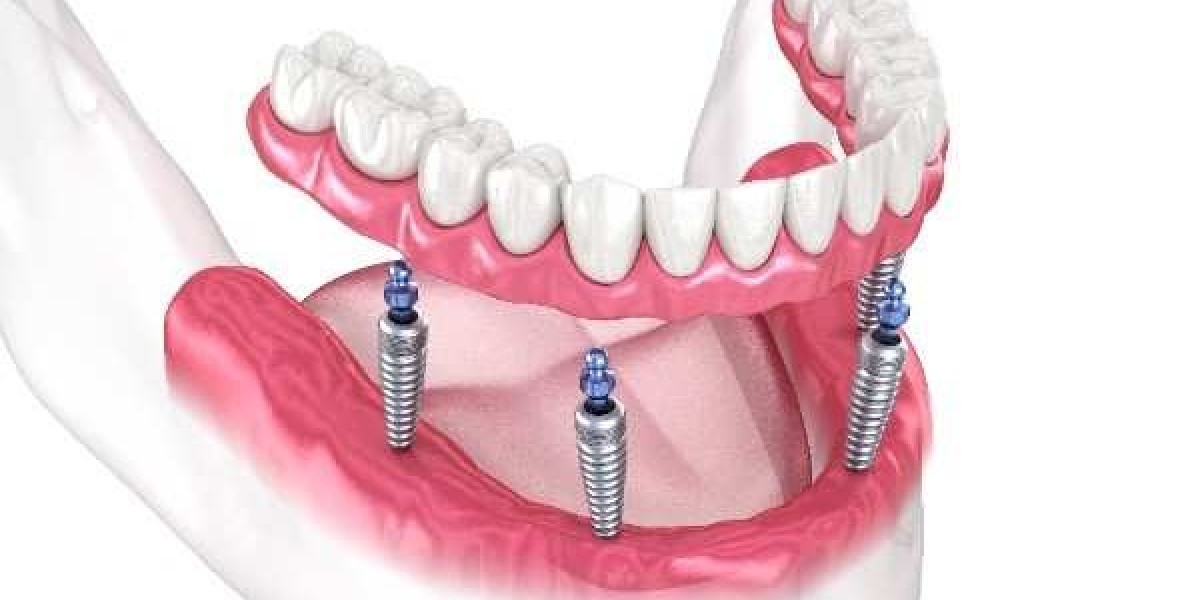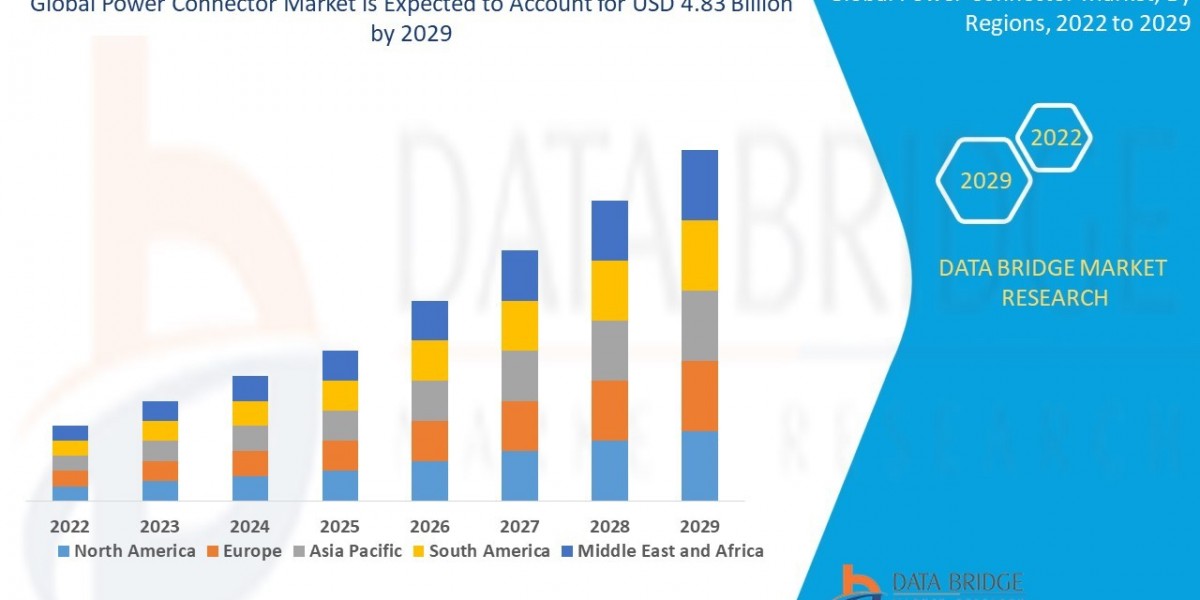Dental implants have revolutionised modern dentistry, offering patients with missing teeth a reliable, natural-looking replacement option that restores both function and aesthetics. From the early days of titanium screw implants to today’s advanced digital planning systems, the field continues to evolve rapidly. As patients increasingly seek lasting solutions for tooth loss, understanding where the future of dental implants is headed is key. In particular, technological innovations, material science, and improved patient care approaches are shaping how a dentist in Brighton may offer treatments in the coming years.
Advancements in Implant Materials
One of the main areas driving change is the development of new biomaterials. Traditionally, dental implants have been made from titanium due to its biocompatibility and durability. However, research into alternatives is opening new possibilities. Zirconia implants are growing in popularity, not only for their strength but also for their more aesthetically pleasing tooth-coloured appearance. They are also beneficial for patients who may have metal sensitivities.
Beyond zirconia, surface modifications of titanium implants are being explored to accelerate healing. Nanotechnology is being utilised to create surfaces that encourage better osseointegration, reducing the time required for an implant to stabilise within the bone. This means future implants could integrate more quickly and reliably, leading to shorter treatment times and higher success rates for patients opting for a dental implant Brighton.
Digital Dentistry and 3D Printing
Digital dentistry is increasingly shaping the planning and execution of implant procedures. Cone Beam Computed Tomography (CBCT) scanners provide a detailed 3D view of a patient’s oral anatomy, allowing for precise planning and placement. This technology minimises the risk of complications and improves long-term outcomes.
Combining CBCT with CAD/CAM technology and 3D printing allows dentists to create customised surgical guides and even print implant components tailored to individual patients. Such personalisation ensures implants fit more precisely, reducing discomfort and speeding up the healing process. For patients consulting a dentist in Brighton, these technologies promise a more comfortable and effective implant journey.
Faster Healing and Regeneration Technologies
Emerging research into regenerative medicine is also influencing implant dentistry. Platelet-rich plasma (PRP) and platelet-rich fibrin (PRF) therapy involve using a patient’s own cells to encourage tissue and bone healing after implant placement. Not only do these treatments speed up recovery, but they can also enhance bone quality, making implants more stable.
For patients with significant bone loss, traditionally requiring invasive bone grafts, scientists are investigating bioengineered scaffolds combined with growth factors to regenerate bone. This could eventually allow patients who were previously unsuitable for implants to receive a dental implant in Brighton without undergoing complex grafting procedures.
Smart Dental Implants
One of the most exciting areas of innovation is the development of smart implants. These devices integrate tiny sensors within the dental implant structure to monitor osseointegration, detect early signs of infection, and measure bite forces. Dentists could remotely monitor implant health, allowing for earlier intervention if complications arise. Such advancements have the potential to dramatically improve implant longevity and patient satisfaction.
Improved Patient Experience with Minimally Invasive Techniques
Patient expectations are a strong driver of dental technology. Minimally invasive implant surgery techniques are being refined to reduce discomfort, recovery time, and complications. Computer-guided surgery allows implants to be placed with minimal tissue disruption, often avoiding the need for stitches. Immediate load implants, where a crown is fitted on the same day as placement, are also becoming more predictable due to improved knowledge and tools.
For individuals seeking the most comfortable and efficient treatment, visiting a dentist in Brighton who offers these techniques could make a significant difference compared to traditional methods.
Key Future Trends in Dental Implants
With continuous technological progress, the future promises even greater precision, comfort, and accessibility in implant dentistry. Below are some of the expected innovations set to transform how a dental implant in Brighton may be delivered:
- Wider use of ceramic and hybrid materials for enhanced durability and aesthetics.
- Growth in bioactive coatings that help implants fuse faster with bone.
- Expansion of artificial intelligence (AI) in treatment planning to identify optimal implant positions.
Comparing Current Implants vs. Future Innovations
To better understand the changes taking place, it helps to compare existing treatments with what lies ahead in implant dentistry.
Feature | Current Dental Implants | Future Innovations in Implants |
Materials | Titanium (mainly), rising zirconia options | Hybrid ceramic-titanium blends, fully ceramic innovations |
Healing time | Several months | Faster due to nanotech coatings and regenerative aids |
Precision of placement | Guided by CBCT & surgical guides | AI-enhanced positioning with real-time intraoral scanners |
Patient monitoring | Follow-up appointments | Smart implants with wireless monitoring abilities |
Suitability for patients | Sometimes limited by bone density | Tissue regeneration expands eligibility |
The Role of Artificial Intelligence
AI is increasingly being used in dental practices, particularly in diagnostics. In implant dentistry, AI algorithms can analyse scans, recommending the best implant positions based on optimal bone density and function. This reduces human error and standardises outcomes.
AI also plays a role in robotic-assisted implant placement. Already trialled in some countries, robotic dentistry allows ultra-precise drilling and placement, ensuring an exact fit for each implant. While not yet commonplace in the UK, it is highly likely that in the near future, a dentist in Brighton could integrate robotic technology as part of their practice.
Video link : Restore Your Smile with Dental Implants!
Patient Accessibility and Affordability
Alongside scientific advancements, social factors such as affordability and access to care are equally important. As technology improves efficiency, costs may come down, making implants more accessible to a wider population. Shorter recovery times could also mean less time off work, contributing to the overall value of choosing a dental implant in Brighton. Financing options and competitive pricing models will likely play a key role in the next stage of implant dentistry’s evolution.
Sustainability in Dental Implants
The dental industry is also moving towards more sustainable practices. Innovations in sterilisation, waste management, and recyclable packaging for implant components are being prioritised. Future implant dentistry is expected to incorporate sustainable methods without compromising patient safety.
Conclusion
The field of dental implants is on an exciting trajectory, with remarkable innovations on the horizon. From new materials and digital tools to regenerative medicine and smart implants, patients can look forward to safer, more efficient, and longer-lasting results. For those seeking a dentist in Brighton, these advancements mean a future where treatment is more comfortable and accessible than ever before. At EDB, we are committed to bringing these cutting-edge solutions to our patients, ensuring they benefit from the very latest in implant dentistry.








